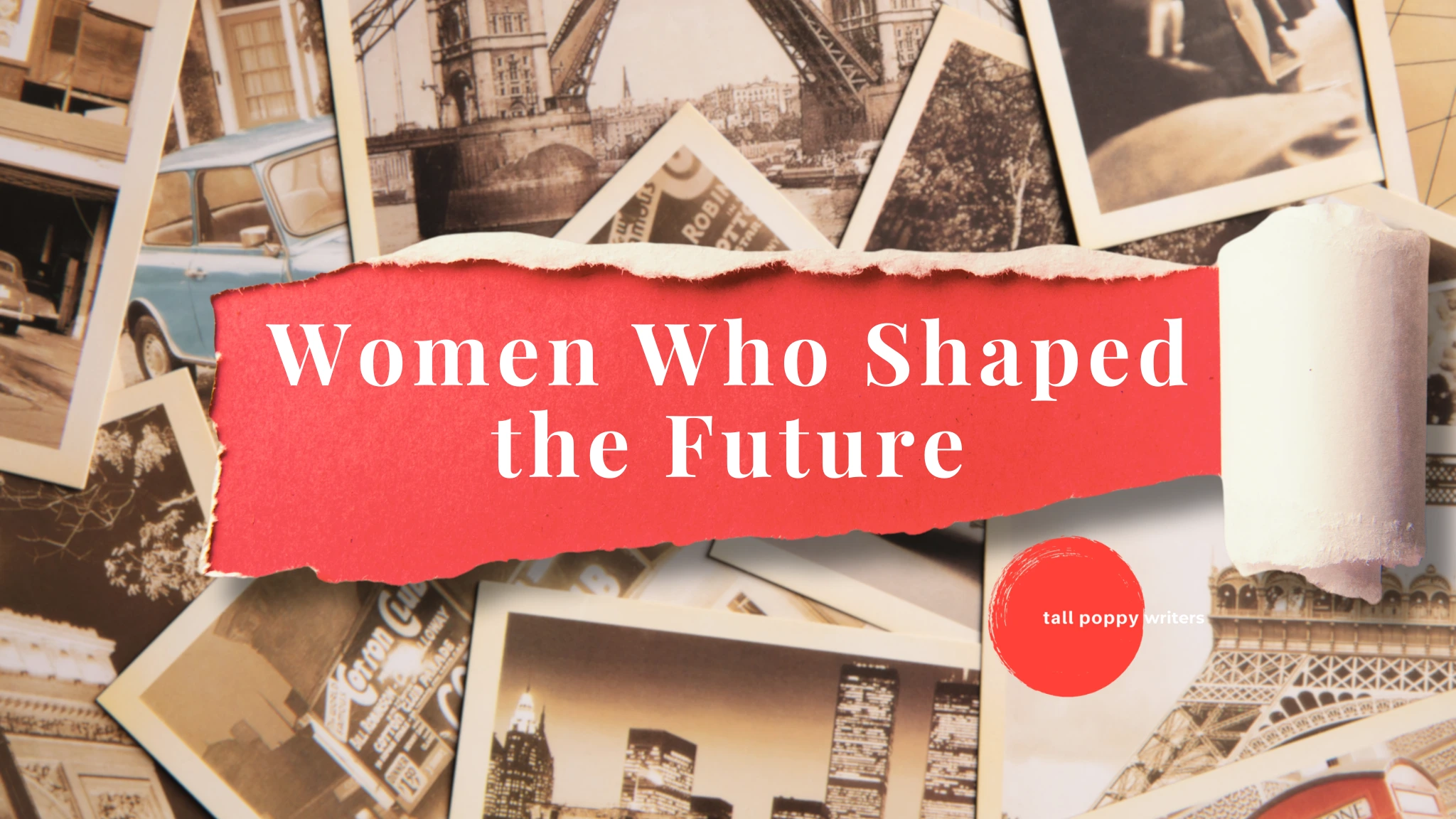Viktor Orbán wants to “occupy Brussels.” The European Union’s longest-serving leader declared this ambition on March 15, the day Hungarians celebrate their failed 1848 revolution against the Habsburg empire. Orbán often draws parallels between the EU and previous imperialisms—Ottoman, Habsburg, Soviet. But rather than exit the bloc, he hopes to vanquish the “liberal nihilists” who allegedly control the EU and reshape it from within.
Orbán’s campaign to be a leader of pan-continental importance began with the so-called refugee crisis in 2015, when hundreds of thousands of Syrians were fleeing the civil war. Promising to repel “Muslim invaders,” he built a fence along Hungary’s border with Serbia. (In fact, few refugees wanted to stay in Hungary; Orbán happily waved them through to Austria and Germany in 2015.)1 Ever since, he has made a point of treating asylum seekers cruelly. In 2023 his office flooded seven European countries, four of which were having elections, with online advertisements praising Budapest for protecting the EU’s borders.
A hard stance on migration is one plank of an ideology that Orbán likes to call “Christian Democracy.” It centers on traditional conceptions of the family alongside nationalism; it is also explicitly defined in opposition to liberalism, which allegedly promotes unrestrained freedom and egotism. Orbán is comfortable using these principles to restrict rights, but he also insists they have a popular mandate: his party, Fidesz, has won a two-thirds majority in Hungary’s parliament in four consecutive elections (albeit with plenty of manipulations).
To promote “Christian Democracy” across the continent, Orbán has launched an intellectual offensive. His government is pumping vast sums of money into think tanks and festivals that present Hungary as a model European nation. The great replacement of liberals was supposed to have started with the European parliamentary elections in June and Hungary’s assumption of the rotating presidency of the EU in July. (“Presidency” sounds grander than the position is: a national executive, which changes every six months, chairs member state meetings and suggests topics for discussion; it does not exercise substantial leadership.) But things did not go as planned. Fidesz and its allies received 45 percent of the vote—a result any other group in the EU’s increasingly fragmented party systems would envy, but a near-disaster for Orbán and his plan to “make Europe great again” (the official motto of Hungary’s EU presidency).
Undeterred, he cast out in a new direction, rebranding himself as an international man of peace and promising to end the war in Ukraine. Upon assuming the presidency, he embarked on surprise visits to Kyiv, Moscow, and Beijing, followed by a Florida meeting with Donald Trump. Other European leaders were horrified by this unauthorized show of one-man diplomacy, especially the appeasing encounter with Putin. They rushed to clarify that a rogue politician on a supposed “peace mission” did not speak for the EU.
Indeed, he does not. Orbán happens to be among the most unpopular leaders in Europe, according to a recent Euronews poll. But if his program has found little support among Europeans, it has gotten an enthusiastic reception among far-right ideologues in the United States, who consider his regime a model for a second Trump administration.
*
Thanks to the tireless efforts of Tucker Carlson, the Orbán story is by now as well-known in rural Ohio as it is on the old continent. In 1989 a young freedom fighter from the countryside bravely tells the Soviets to go home. Initially a liberal, he does a short stint at Oxford on George Soros’s dime, but awakens and converts to conservatism, becoming prime minister for the first time in 1998 at the tender age of thirty-five.
A less hagiographic view would hold that Orbán, who first entered Hungary’s parliament as part of the opposition to a center-right government led by Christian Democrats, spotted an opening on the right when they declined in popularity. He promptly reinvented himself as a Christian patriot (having mocked religion during his liberal days). His resentment in 2002 at losing the Hungarian parliamentary elections to a coalition led by the Socialist Party was no less acute than Trump’s in 2020. Orbán proclaimed that “the nation” could not be in opposition, which was to say: only Fidesz represented the Hungarian people, all other contenders for power were fundamentally illegitimate.
By the end of the decade, the center-left alliance had discredited itself through corruption and a disastrous economic record. In 2010 Orbán triumphantly returned to office, with a desire for vengeance—and with a plan: take over the judiciary and the media, which he blamed for Fidesz’s loss in 2002. With a two-thirds majority in parliament, the party created a new constitution which, among other things, banned gay marriage.
The lesson has not been lost on aspiring autocrats elsewhere. Don’t waste time on culture wars, instead capture state institutions. Once judges and civil servants are on your side, you can go after all the liberal journalists, professors, and NGOs you want. And if you take control of parliament and the public prosecutor’s office, you can turn public procurement into an ATM for your cronies; envelopes need not change hands under the table. The Hungarian sociologist Bálint Magyar describes Orbán’s regime as a “post-communist mafia state” that serves to enrich the leader’s “adopted political family.”2
The similarities to Putin’s regime are obvious, except that Putinism was supposed to be impossible inside the EU. Brussels touts accession to the European club as a guarantee for democracy. How did Orbán create what the European Parliament has called an “electoral autocracy” in the heart of the bloc?
There are several reasons. In the first place, Brussels let itself be misled by what Orbán calls his “peacock dance”: saying one thing on the international stage, doing another at home. Additionally, the European debt crisis that had started in 2009 perversely worked in his favor: as Brussels dictated national budgets, it didn’t want to be seen as meddling in member states’ political systems, too. All the while, Europe’s most powerful politician, Angela Merkel, a fellow Christian Democrat, turned a blind eye to his autocracy, not least because he offered German car makers sweetheart deals in Hungary.
Many of the advantages the EU offers its member states had unintended side effects. Freedom to move across borders allowed discontented young people who might have made trouble at home to go waitress in London or do performance art in Berlin. According to some estimates, emigration increased significantly after 2010. As the labor supply fell in sectors including services and manufacturing, Orbán had to quietly invite “guest workers” from Asia and elsewhere. Meanwhile, EU subsidies for poorer countries proved in some cases to be like oil revenues for Gulf despots: infrastructure projects financed by Brussels are regularly given to cronies; Orbán’s childhood friend Lőrinc Mészáros, a trained gas fitter, got so many contracts that he is now among the country’s richest men.
Eventually tiring of his role as Berlin’s misbehaving underling, Orbán made overtures to disaffected conservatives in the western half of the continent. If center-right leaders like Merkel could come around on same-sex marriage, might those less eager to make their peace with liberalism not look for an alternative? Initially there were few takers outside Bavaria and the parts of Spain that still found something to like about Franco.
The influx of refugees beginning in 2015 changed the picture. If there was now a free-for-all at the borders, was it not time for a proudly nativist form of Christian democracy? Historically, this has amounted to a complete distortion of a political tradition that did not value the nation-state as such; after all, the founding fathers of European integration were Catholics with painful memories of newly unified Italy and Germany persecuting their co-religionists, invariably accusing them of double loyalty.3 Merkel occasionally justified welcoming refugees by explaining that, as Christians, her party had to open their arms to those in need. But few politicians, it seems, remember this tradition today, let alone intend to reclaim it.
*
Each Fidesz election campaign has featured a new invented “enemy of the people”: Orbán’s erstwhile patron George Soros, the EU, refugees, and LGBTQ minorities, who were the designated hate objects for the 2022 national parliamentary vote. It’s not clear whether this strategy would have kept working. In the event, Russia’s invasion of Ukraine saved Orbán. He had long been Putin’s client; now his regime’s propagandists smeared the opposition for wanting to send young Hungarian men to die in defense of another country. Ever since, TV and radio—both public and private stations, which the regime largely controls—were inundated with pro-Kremlin messages. Fidesz won by a landslide; the opposition emerged demoralized.
Controlling most of the media has not been enough. The Hungarian government forced Central European University to leave the country; programs for gender studies, declared a “fake science,” were shut down at other schools. The higher education system was both starved for funds and restructured to make Fidesz-approved university heads impossible to remove.
The government has also pumped $1.7 billion into Mathias Corvinus Collegium (MCC), a college–cum–think tank named after a fifteenth-century Hungarian king. (Its assets are worth more than the entire annual higher education budget.) MCC, the Danube Institute, and other lavishly endowed bastions of Christian Democracy are intended to train cadres for the regime and attract foreign allies.
It’s not obvious that the plan is working in the rest of Europe, even as MCC sets up ever more branches. The Brussels outpost is run by Frank Furedi, a former Trotskyist, and Werner J. Patzelt, a German political scientist who progressed from studying right-wing populism to promoting it. Their events feature not scintillating heterodox thinkers but climate deniers, conspiracy theorists, and what the Germans call Putinversteher.
Orbán’s investments have yielded higher returns across the Atlantic. American far-right intellectuals now regularly make the pilgrimage to Budapest, which his political director, Balázs Orbán (no relation), has advertised as a “safe space for conservatives.” This safety has been sought by Rod Dreher, a veteran of The American Conservative, and Christopher Rufo, author of America’s Cultural Revolution: How the Radical Left Conquered Everything. Meanwhile, “classical liberals” like Ilya Shapiro, vice president of the Cato Institute, treat Hungary as a kind of sanatorium to recover from “cancel culture”; plenty of them participate in curated panels about “free speech” featuring only middle-aged white men.
It can be hard to decide whether these figures are “useful idiots” or whether they truly believe that the western left’s “soft totalitarianism” justifies a little bit of kleptocratic autocracy. Dreher has signed a contract with the Danube Institute, evidently to write flattering accounts of how nice everything in Budapest is. (As a result, experts have advised him to register as a foreign agent back in the US.) Rufo, whose claims to fame include bringing Orbánism to the Florida education system, dutifully follows the script when he reports that “life proceeds as usual” and “people spend the day working.”
Of course, nobody claims that Orbán demands his army goose-step or has opposition politicians murdered. Twenty-first century autocrats like him are careful not to produce images that would recall twentieth-century dictatorships.4 Also careful to avoid a cult of personality, Orbán posts images of himself delivering food to animal shelters and teaching his grandchild how to roast a pig outside a very modest home.
American conservatives are enamored by how Orbán uses the state to promote nativism and natalism. Earlier this year JD Vance explained to Dreher that “the closest that conservatives have ever gotten to successfully dealing with left-wing domination of universities is Viktor Orbán’s approach in Hungary. I think his way has to be the model for us.” The model, according to the Academic Freedom Index, has led to a “systematic and structural violation of academic freedom.”
There is a distinctly Orbánist flavor to Project 2025, the Heritage Foundation’s blueprint for Trump’s second coming (from which the GOP is vainly trying to distance itself). Its proposal to counter the “deep state” by replacing civil servants with loyalists and making prosecutors subservient to the executive directly copies Orbán’s strategy from 2010.5 Heritage’s head, Kevin Roberts, is an ardent Orbán fan. Just as his hero declared the 2010 Hungarian election a “voting both revolution,” Roberts is promising another American Revolution. Vance has explicitly endorsed these ideas. Orbán might fail to occupy Brussels, but it seems he’s making headway in Washington.
*
If all seems well on the global culture war front, the domestic situation is less rosy. Even Rufo reports that Hungarian right-wingers “blanched” when the topic of corruption came up; excuses along the lines of “everyone does it” are wearing thin. (For the past two years, Transparency International has rated Hungary as the EU’s most corrupt country.) An opening to the East—Moscow, Beijing, even Tehran—was supposed to secure good deals for a plucky small nation, but it has yielded little except cheap Russian oil and gas; Orbán has shown his gratitude by opposing EU support for Ukraine. The middle class, long coddled by Fidesz, are feeling the pinch of inflation. Record numbers are leaving the country, chronic underfunding in health care affects even the relatively well-off, Budapest is now the least affordable city in Europe for renters, and the birthrate dipped this past year, despite Orbán’s policies, beloved of American conservatives, that financially incentivize having children.
Most worrying for Orbán, a quasi-Shakespearean drama is unfolding at home. In February President Katalin Novák and the leading candidate for the European elections, former minister of justice Judit Varga, both fierce loyalists, resigned. Novák, apparently pressured by the Calvinist bishop Zoltán Balog, her mentor and long-term Orbán ally, had pardoned a man who was instrumental in covering up pedophilic crimes at an orphanage. The propaganda about protecting children from LGBTQ “predators” came back to haunt the regime, as did its use of religious themes. Once Christianity is about belonging to a particular nation and fighting dangerous Others, and not about faith, let alone ethics, you can’t really make the case for forgiveness. If you live by culture war, you might die by culture war.
Varga’s resignation had another unexpected consequence. Her former husband, Péter Magyar—a lawyer, diplomat, and one-time member of Orbán’s adopted political family—published a voice recording of her comparing Fidesz to a mafia and describing how it covered up evidence in a high-profile corruption case involving a party leader. After the story broke, Varga claimed she only said what Magyar wanted to hear. (She also accused him of domestic violence; he has denied the charge.) The government dismissed the whole affair as a “domestic dispute.”
Yet on the first weekend of April, Magyar mobilized tens of thousands of demonstrators on Kossuth Square, outside parliament. People shouted “We are not scared,” sang patriotic songs, and played music from La Piovra, a TV series about organized crime. Magyar charged Fidesz with creating a new form of feudalism; a prominent Calvinist speaker complained the regime was bad for religion. (The churches are indeed losing members.)
Young, slim, and wearing trademark sunglasses, the contemporary European politician Magyar most calls to mind is Emmanuel Macron. He hails from a distinguished Budapest family, a marked contrast with the countryside upstarts who dominate Fidesz. He seeks to craft an uncorrupt conservatism to draw voters from the governing party, uses social media deftly, and plays well on the few remaining independent news outlets. He also cuts a romantic figure: Magyar borrowed a flatbed truck from a well-known actor for his campaign and spray-painted it in the national color; despite his meagre campaign budget, he mobilized considerable crowds in the countryside, on which opposition parties had effectively given up; he ends meetings with folk songs and asks attendees to hold hands and affirm that they are all Hungarians. An excited teenager interviewed by a news website even said Magyar had a “Petőfi vibe”—alluding to Sándor Petőfi, the national poet who played a crucial part in the 1848 revolution.
Liberals I’ve spoken with are understandably wary of Magyar’s nationalism as well as his religious rhetoric; they fear he will destroy the opposition only to be destroyed in turn by Fidesz, which pulled out all the stops to discredit him during the European elections. Yet even liberals concede that Magyar’s party has simplified tactical voting in a system designed to prevent the opposition from coordinating. And Fidesz’s myth of invincibility has been dented: Magyar’s Tisza Party still secured 30 percent of the vote. Whether he can defeat Orbán in the Hungarian parliamentary elections scheduled for 2026 is anyone’s guess. It will depend on his ability to form a proper party (one-man outfits, sooner or later, don’t work so well in democracies), learn from his mistakes (early on he repeated Orbánist lines about Brussels), and convince voters that what critics see as Fidesz-lite—minus the hate campaigns—is better than the original.





















 English (US) ·
English (US) ·